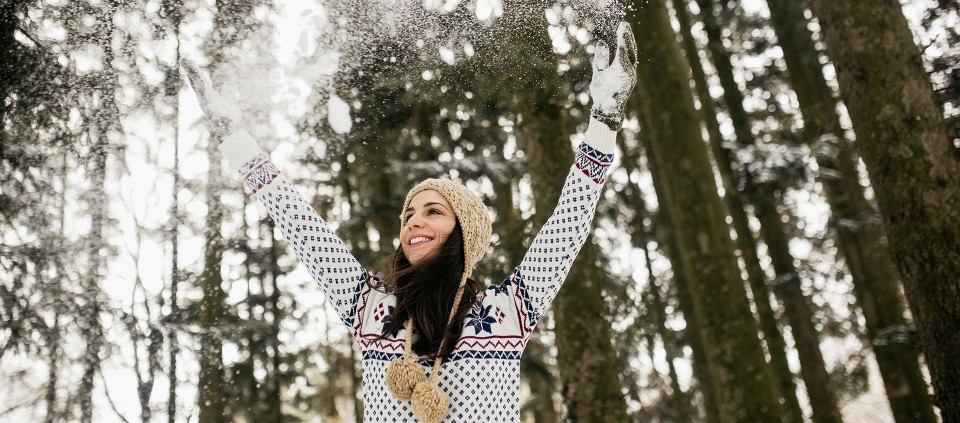Say Yes to Inner No-ing

Forgotten toddler tantrums aside, I’ve never been good at saying no. My people-pleasing, compulsive compassion, Wonder Woman-ing, Parker Posey-Party Girl-ing, and exaggerated empathy have long led to cycles of overdrive followed by burnout.
These imbalanced ways of reacting to the world are definitely learned behavior. Growing up, I got plenty of messages about being a caretaker and putting others first while also being successful and sexy. But I am a grown woman now and am learning to say “no.”
Say yes to “Inner No-ing. “No” is a complete sentence.
But why is it so hard to say it? And mean it?
For me, there are a few things operating (they feed into and on each other):
The need to please: This one is my Kryptonite. I have a voracious need for approval. It’s wound up closely with Number Two, but is more outwardly focused—the actions I take more than the messages I receive/interpret. In the past, the need to please had me accepting almost every invitation that I received. The need to belong is wired into us for survival—we needed the pack to avoid harm. But maybe it’s been taken it a little too far—we will not be eaten by wild animals if we don’t go to someone’s birthday gathering.
Fear of rejection: It’s embarrassing how much positive feedback buoys me and how much criticism cuts. I’m not the only one. I have a friend who remembers nothing of the multiple good reviews written about her artistic project from 20-plus years ago, but she can quote entire sentences from the one bad review. Also: someone not liking me does not equal being eaten by wild animals.
FOMO, aka greed: Fear of missing out is really an acronym for craving. And craving is really our not-so-smart strategy for dealing with the impermanence/unreliability of life. If I distract myself with all the things to do, the things to visit, the things to read/watch/eat/consume, maybe that will keep suffering at bay (um, nope). A smarter strategy is, as Suzuki Roshi describes, accepting that [things] go away. Maybe I don’t need that extra cookie/glass of wine/pair of sneakers/episode of Transparent to be happy.
The pull of culture and my own conditioning:The Buddhist path (or any spiritual practice) can be thought of as “going against the stream.” That’s how the Buddha described it 2,600 years ago—and there was no social media. Well, now it’s like going against the tsunami. It’s hard not to be pulled by the messages of our time, especially when they’re disguised as positive habits.
Of course I say yes to many things I love, things I feel called to do. The challenge is knowing how much is enough—I can’t agree to every invitation and I can’t fight every injustice. For balance, there are four areas where I am focusing and practicing my nos (and they are also messily interrelated).
No to obligations
No to (the need for) confirmations
No to distractions
No to compulsions
All of these require me to cultivate awareness and presence, which require me to slow down, which require me to create space and time for meditation or other contemplative practices.
“No” requires pausing. Pausing is a radical no.
As a radical young adult, I explored transgressive spaces and acts and was exposed to boundary-pushing in every domain. I remember wondering, at age 19 or 20, What (if anything) will seem truly radical once all the boundaries have been challenged in work and art and sex and life?
Today, the most radical act I can imagine for myself is to pause. No consuming. No constructing. Yes to curiosity. Yes to connection.
Just being. Followed by a long nap.
Confession: I am not good at this. Some days I am really bad at this. Do as I say, not as I do.
But there’s this: I keep recommitting to my inner no-ing. Just like in my meditation practice—coming back to the breath, to the felt sense of my being—I reconnect to the possibility of spaciousness and wonder and joy and right now. I say yes to this moment …
Pause. Be. Take a nap.
Find out about upcoming programs with Sebene Selassie at Kripalu.
This article was originally published on Sebene’s website.
Sebene Selassie is a dharma teacher and transformational coach.
Full Bio and Programs